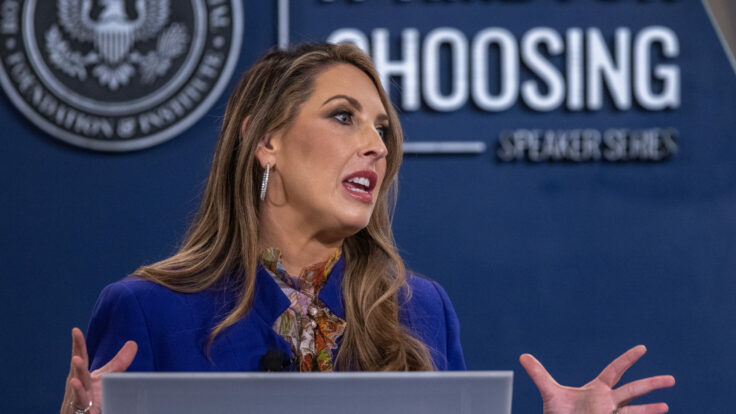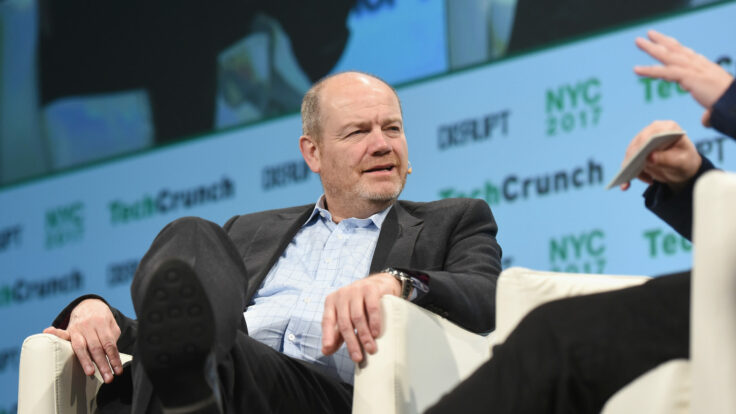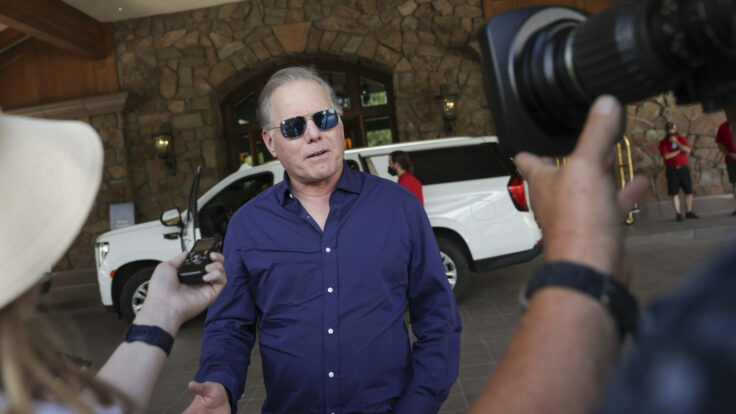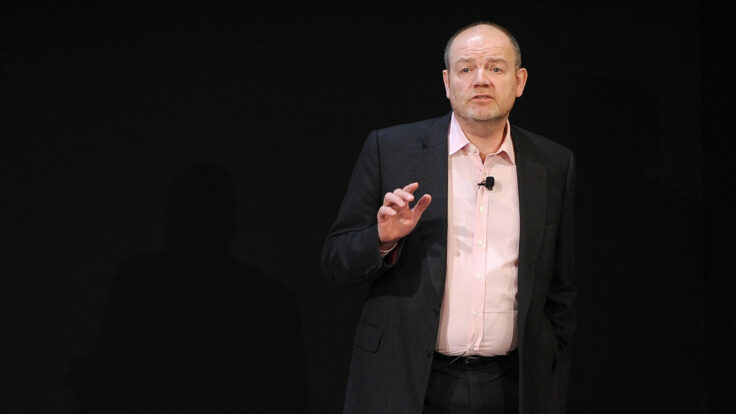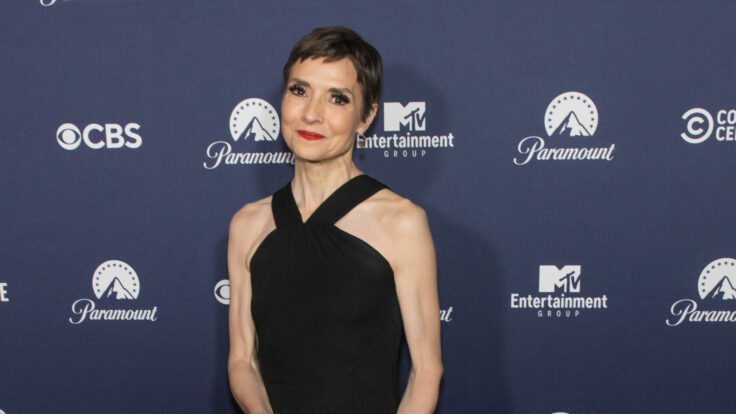Last month, Dean Baquet turned 65, the age when the executive editor of The New York Times traditionally relinquishes his title. Given the challenges of Covid, Baquet graciously opted to extend his stay, but handicapping his successor has returned to the fore as one of media’s favorite parlour games.
And in many ways, it’s an overdue one. Baquet, after all, seized the top job via some shrewd political engineering that led to the largely bloodless coup, in 2014, in which he ascended from managing editor to executive editor and Jill Abramson exited with what is believed to be a generous severance. There were some recriminations, a few weird New York Post covers, including one with Abramson in boxing gloves, and the threat of a tell-all book that morphed into a different project. But in the end, it didn’t amount to much. Baquet went on a listening tour throughout the building, and then went back to work.




